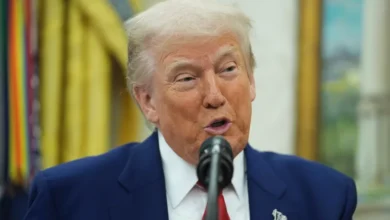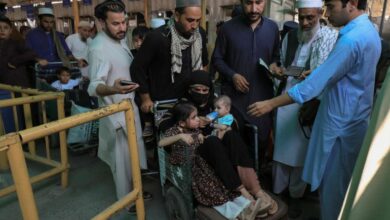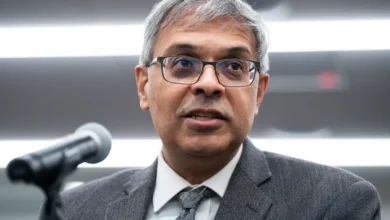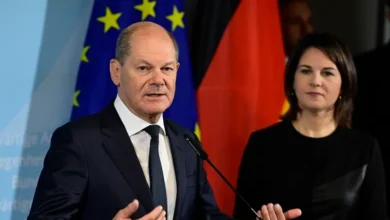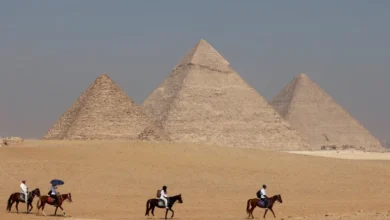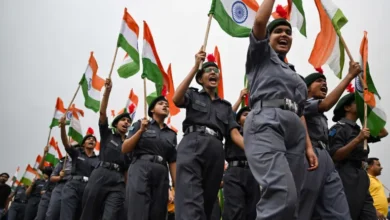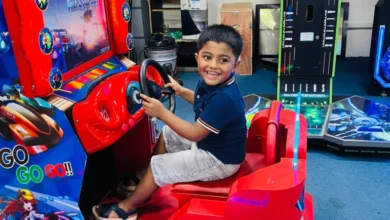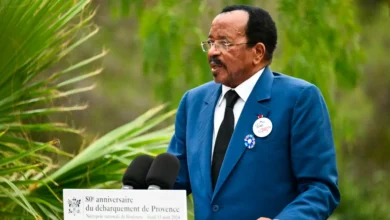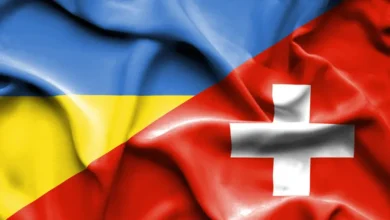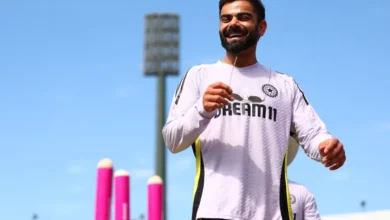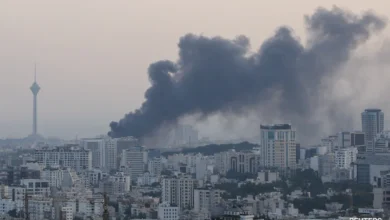‘Only the beginning’: Sri Lankans hope for deep changes under new president
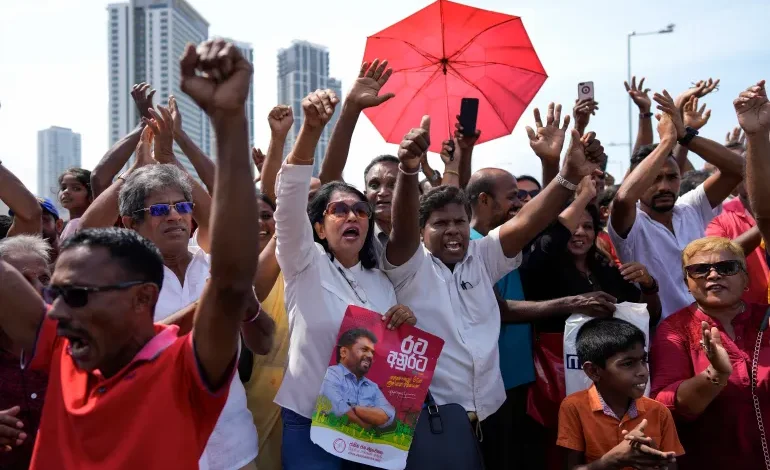
For Dilshan Jayasanka, the victory of Anura Kumara Dissanayake as Sri Lanka’s first Marxist-leaning president is the beginning of a “radical new path” for the crisis-hit island nation.
Just more than two years ago, the 29-year-old former floor manager at a restaurant in Colombo was a regular visitor to Gota Go Gama, the tent city erected by tens of thousands of protesters in the city’s picturesque Galle Face area.
The protests in 2022 were aimed at toppling the then-President Gotabaya Rajapaksa’s government, which was blamed for Sri Lanka’s worst economic crisis since its independence from British rule in 1948.
After the restaurant he worked at was forced to close due to the financial meltdown, Jayasanka made the tent city his home.
“Many non-partisan people who took part in ‘Aragalaya’ [struggle in Sinhalese] are now with the National Peoples Power [NPP],” Jayasanka told Al Jazeera on Tuesday, a day after Dissanayake, who leads the NPP alliance, was sworn in as the country’s ninth president.
As Dissanayake assumed the presidential office, located right opposite Colombo’s Galle Face, Jayasanka, who had spent weeks there in 2022 fighting for change in his country, said: “I believe his victory is a positive development for my country. I hope he will make a better Sri Lanka.”
Jayasanka also hailed the 55-year-old leader for appointing Harini Amarasuriya, one of NPP’s three legislators in the 225-member parliament, as the country’s new prime minister, making her the country’s first woman to head the government in 24 years.
“As someone who actively took part in Aragalaya, I highly commend that move. In fact, many women took part not only in Aragalaya but also bringing Dissanayake to power,” he said.
Hours after appointing Amarasuriya as the prime minister, Dissanayake dissolved the parliament effective midnight on Tuesday and called for a snap parliamentary election on November 14.
‘Great opportunity for a system change’
Dissanayake and his Stalinist political party, the Janatha Vimukthi Peramuna (JVP), played an active role during the 2022 protests. The controversial party led two insurrections against the Sri Lankan state in the 1970s and 1980s, during which 80,000 people were killed. The party has since renounced violence and Dissanayake has apologised for their crimes.
First elected to parliament in 2000, Dissanayake remained a peripheral player in Sri Lankan politics until he made fighting corruption and reviving the economy the main planks of his campaign this year.
His call for unity amid ethnic divisions, clean politics and pro-people economic reforms resonated in the crisis-hit nation of 22 million. For decades, Sri Lanka was under the grip of a bloody civil war after its Tamil minority, mainly concentrated in the north, began a movement for an independent ethnic state.
